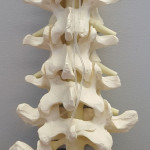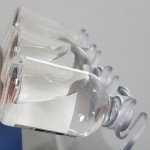Pain can have unintended consequences specially when poorly controlled. The side effects of poorly controlled pain can include adverse psychological, hormonal and physical outcomes. Activation of the sympathetic nervous system is an unintended consequence of poorly controlled pain which can lead to adverse cardiovascular, gastrointestinal, and renal consequences. In the chronically ill, pain can lead to immobility which predisposes patients to deep vein thrombosis, pulmonary embolisms, and pneumonia.

Unrelieved Pain Causes Stress: The endocrine system reacts by releasing an excessive amount of hormones, ultimately resulting in carbohydrate, protein, and fat catabolism (destruction); poor glucose use; and other harmful effects. This reaction combined with inflammatory processes can produce weight loss, tachycardia, increased respiratory rate, fever, shock, and death.14 Unrelieved pain prolongs the stress response, adversely affecting the patient’s recovery.


Pain Relief Is Good For Your Heart: The cardiovascular system responds to stress of pain by activating the sympathetic nervous system, which produces a variety of unwanted effects. These include hypercoagulation and increased heart rate, blood pressure, cardiac work load, and oxygen demand. Aggressive pain control is required to reduce these effects and prevent thromboembolic and cardiac complications.
Acute Pain Can Turn To Chronic Pain: Unrelieved acute pain can result in chronic pain at a later date. Thus, pain now can cause pain later. If acute shingles pain is not treated aggressively, it is believed to increase the risk of postherpetic neuralgia.

